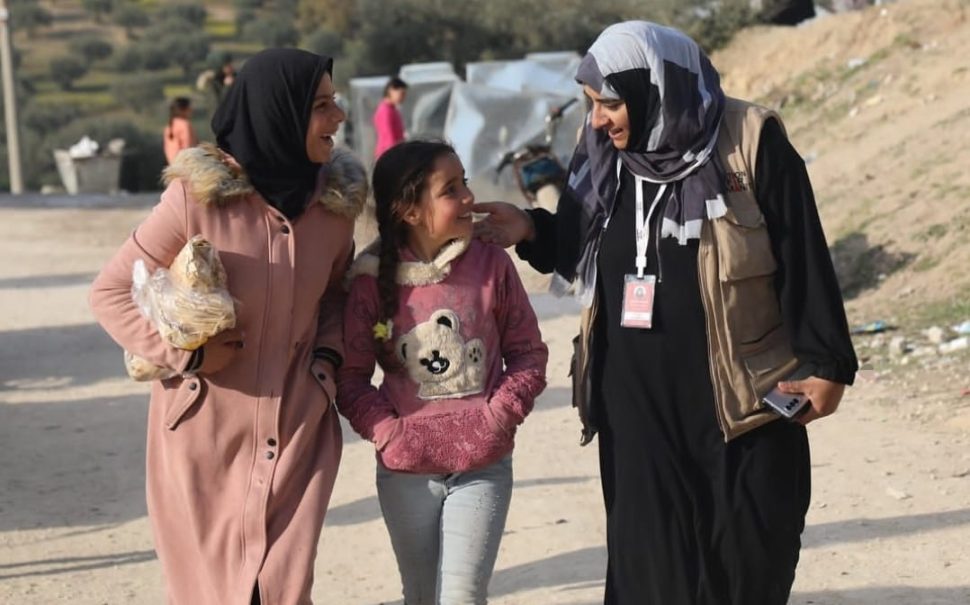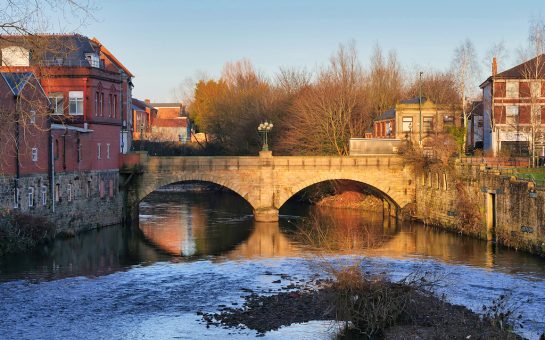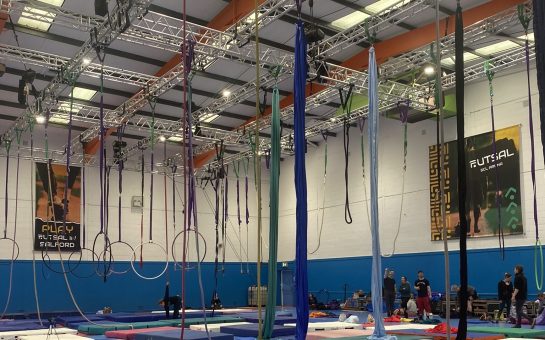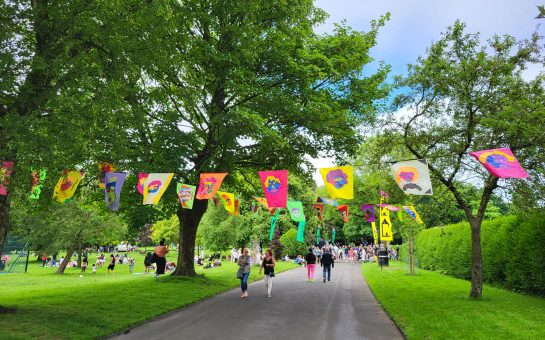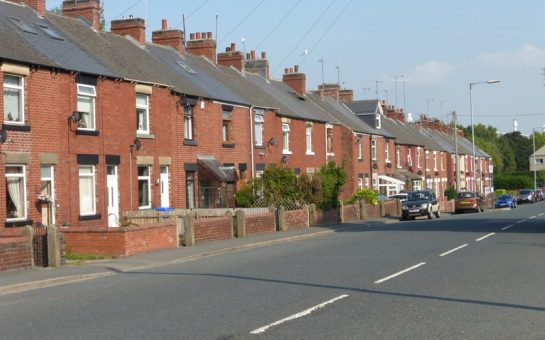Dr Shameela Islam-Zulfaqir, from Tameside, is a doctor currently working for Salford-based charity Action for Humanity as the Fundraising and Humanitarian Mentorship Lead. In this guest post for MM, she details her experience providing aid after the Türkiye-Syria earthquake and the ethnic and gender prejudice she witnessed.
In any disaster or displacement scenario women and girls face a much harder task when navigating around keeping themselves protected, safe and nourished. During the earthquake crisis, finding safe spaces for women and girls separated from their families was of paramount importance.
I have left my home in Manchester and travelled to war-torn and disaster-stricken areas of the world countless times. But the deployment to Türkiye and Syria was harder than any missions I’ve been on before.
A report released this week by my organisation, the Salford-based Action For Humanity (parent charity of Syria Relief), found that 98% of all people displaced inside Northwest Syria were displaced by the earthquake and that nine in ten of them have been displaced both by the earthquake and by the conflict which has raged on for 12 years this week.
The level of trauma, loss, bereavement and PTSD is unprecedented. Everyone has a story. One of those we spoke to on the ground in Türkiye, Mahmoud*, searched for his sister and mother for days. He never found his mother. He is still looking for her. Until he does, he won’t find closure either.
His sister, Fatima*, not only lost her mother but her husband and one of her daughters, who were crushed to death. She herself was found with a broken arm; a condition known as wrist drop, which affects the extension of the wrist and fingers; and bleeding from her mouth and forehead. Their family’s lives, like hundreds of thousands of lives, were torn apart in the space of 75 seconds.
After Fatima* was rescued, she approached a group of people huddled around a fire. When the people learned that she was Syrian, they threatened her and chased her away. Anti-refugee sentiments and ethnic tensions were already present, but the earthquake has significantly heightened them.
It is so alien to me that anyone in that situation could see a bleeding woman in distress and not offer her a place to warm her hands but instead only see her ethnicity. Ethnic and gender prejudice rears its ugly head at times of crisis. The perpetrators are usually those who have deeply entrenched hatred or dislike of ‘the other’ to the point where they cannot even offer the basic gestures of kindness. The survivors and victims of this hatred simply internalise their feelings and try to move on – so they can survive.
My fear is that if something is not done to help address these growing tensions then they could overspill into something more serious – which would have serious ramifications for victims of any potential communal hatred.
Another fear is how this will take shape. How can it be monitored and mitigated if it does? Reporting of child protection incidents and any gender-based or sexual gender-based violence instances is already worryingly low as women aren’t always able to access safe spaces to talk about such actions. The breakdown of systems and infrastructure due to the earthquake is going to mean people have less avenues to go down.
We are not talking about the potential social rifts that are at risk of being exposed by this earthquake. There is also, as we have just finished celebrating International Women’s Day, the fact that women are being disproportionately impacted by the devastation of the earthquakes
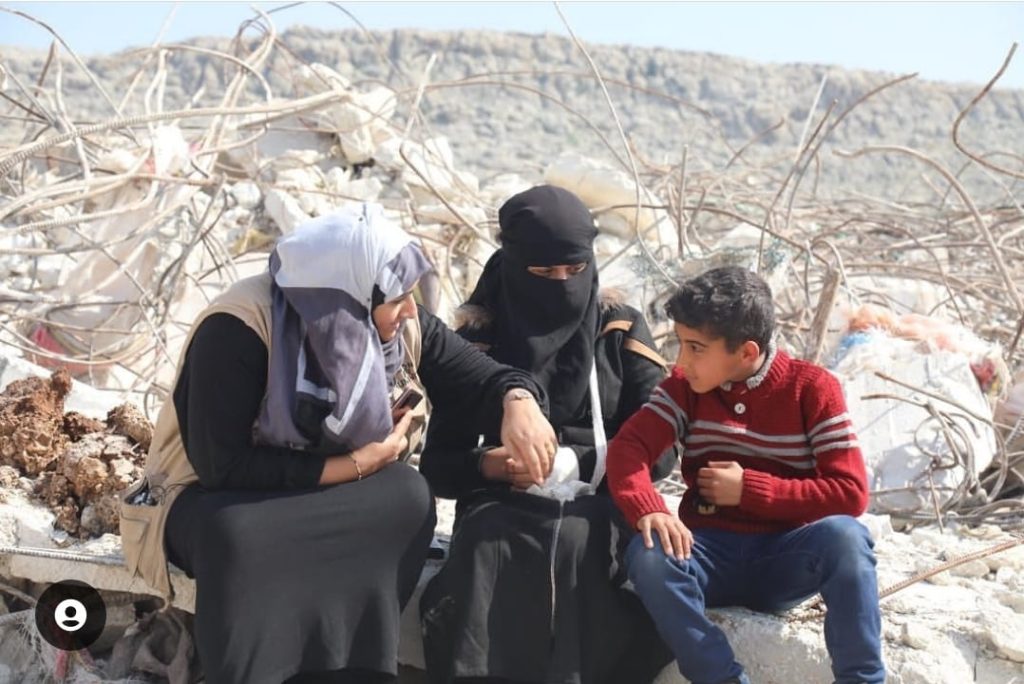
The main needs of women right now are safe spaces to wash, access to professional mental health and wellbeing resources or services and the support to lift themselves from their current economic circumstances through livelihood support – especially in the cases where the earthquake or Syrian war has made them the sole breadwinner.
Those widowed by the natural disaster or the conflict have to cope with grief, loss and bereavement as well as still trying to address the needs of their remaining children, many of whom also have PTSD. This is rife throughout whole communities, as my organisation Action For Humanity/Syria Relief revealed in 2021. A huge majority – 99% of those displaced in Northwest Syria and 75% of Syrian refugees in Türkiye – suffer from symptoms compatible with PTSD.
The largest proportion of displaced populations in this context are women and children. The value of having female aid workers cannot be underestimated. Traumatised women and children are much more likely to respond and engage with female aid workers than with male workers. Many women in the camps are able to relate to other women and share their difficulties (such as lack of safe spaces, toilet/modest space issues etc) with fellow ‘sisters’.
While the communal tensions need a joint response from authorities, NGOs and civil societies, if organisations like Action For Humanity are supported with the required funding we are able to provide access to psychologists and trauma specialists as well as resuming our child/women protection services. Our protection offices were razed to the ground inside Northwest Syria and sadly some of our staff who worked there were killed in the earthquake.
But the will to help those who need it is there. Since the early days of the earthquake, our teams have been coordinating the re-establishment of services to serve an emerging community of families who have lost several members.
You can donate to Dr Islam-Zulfaqir’s fundraiser here.
*Names have been changed.
Image credits: Action for Humanity
